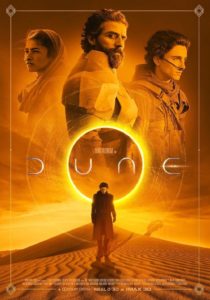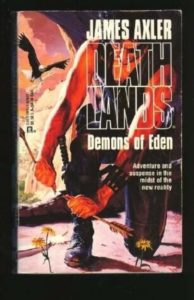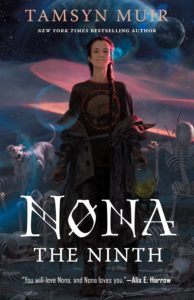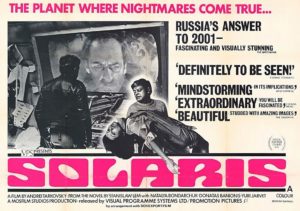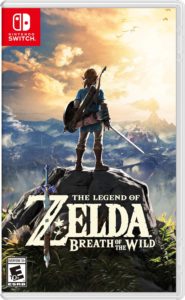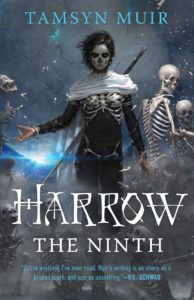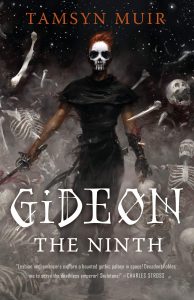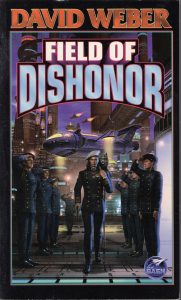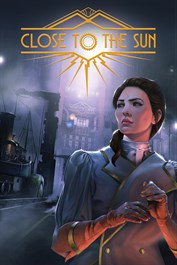 In the second half of December, right after I started the new Indiana Jones game and got my new PS5 Pro (halfway or more through the 5’s lifecycle), I… played none of those games, because I learned that a Nikola Tesla themed game I had been interested in was leaving Game Pass. Hence, another entry in my ongoing series of timely reviews for games you can no longer just get, as in for “free”.
In the second half of December, right after I started the new Indiana Jones game and got my new PS5 Pro (halfway or more through the 5’s lifecycle), I… played none of those games, because I learned that a Nikola Tesla themed game I had been interested in was leaving Game Pass. Hence, another entry in my ongoing series of timely reviews for games you can no longer just get, as in for “free”.
Close to the Sun tells an extremely alternate history of the 1890s, where Tesla was successful enough with his electricity plans to corner that market worldwide, and then he built an enormous scientific research vessel, to which the main character has been invited by her sister. When the reporter sister arrives (as opposed to the scientist sister, you see), she discovers that nobody is home, but there’s a giant quarantine sign[1] and a lot of damage and weird shimmering images of people walking around.
Thus commences the barely not a walking sim exploration of the ship, to find and rescue her sister, figure out what went wrong, and ultimately escape, one hopes. As a game, it was I think only okay except for my interest in the whole Tesla / Edison thing, which elevated it somewhat. The four characters were all pretty good, the mysteries were mostly compelling, the ending was, I will say, “rushed”. All in all: decent and short enough to not crazy overstay its welcome, but marred by a truly awful save system that meant if for any reason I did not finish a chapter, I would have to start it over. So, be prepared to play for a while at a time whether you like it or not, since the XBox’s quick resume system is a complete failure on this game in particular as well as the lack of good saving I already mentioned.
In further conclusion, maybe it’s better as a game than I’m giving it credit for, and mostly the technical issues are why my estimation rounded downward a bit.
[1] I cannot explain precisely why, but it was particularly affecting to me that the quarantine sign was painted over the exit to the internal docks, in case anyone wanted to leave, but with no hint of any warning to anyone coming in.

